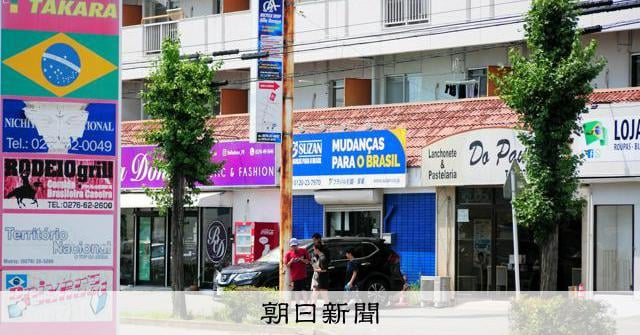
Just the starting few paragraphs. Need to go to the library to read the rest.
In the recent Upper House election, candidates promoting a "Japan First" message gained ground—even in places like Ōizumi Town in Gunma Prefecture, where over 20% of the population is foreign. In fact, the candidate from Sanseito, known for its nationalist stance, received the most votes there.
Ōizumi is a small town near the Saitama border, dotted with home centers and convenience stores. One area is filled with foreign restaurants—mainly Brazilian—and signs in English and Portuguese. As of the end of June, over 22% of the population is foreign, mostly from Brazil and Peru.
Natalia Reiko Yamakawa-Folha (35), who came from Brazil with her family about 30 years ago, says: “It’s not right to say foreigners only take rights without fulfilling responsibilities.” Her family planned to return after a few years, but they stayed so she could finish school. She now works at a university in Saitama and speaks fluent Japanese. Online, she often sees foreigners broadly labeled as criminals. “Yes, some foreigners commit crimes, just like some Japanese people do. But I pay taxes and follow the rules. Don’t lump all foreigners together,” she says.
Ōizumi is often praised as a “model” of coexistence with foreigners, but the reality is more complicated. Both Japanese and foreign residents carry mixed feelings.
Niraj Gurung (42), a Nepali man who came to Japan 20 years ago, said that for the first time, during this election season, he wondered if he should apply for Japanese citizenship—out of fear of growing anti-foreigner sentiment.
by MagazineKey4532
